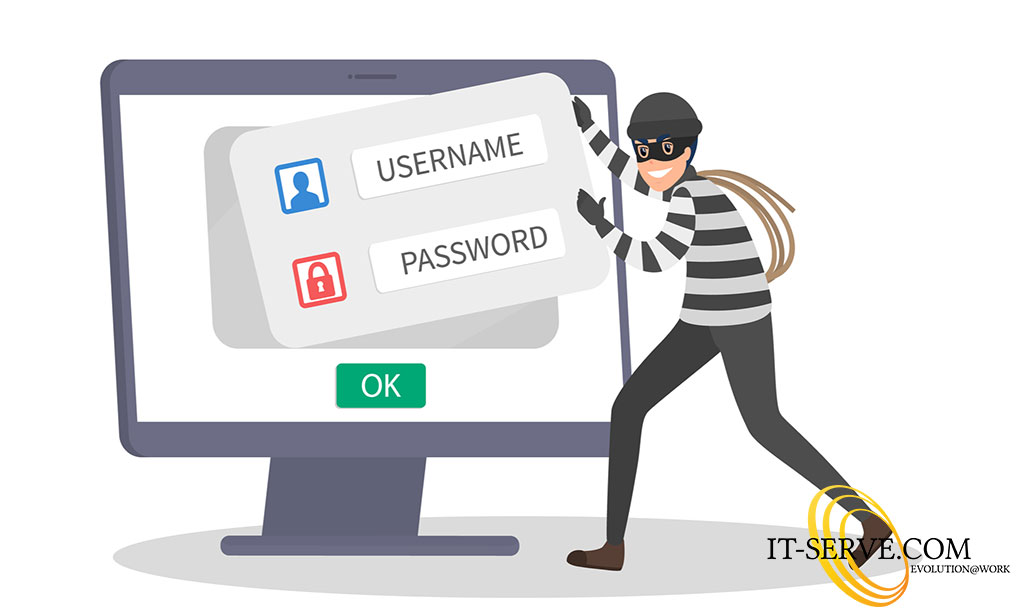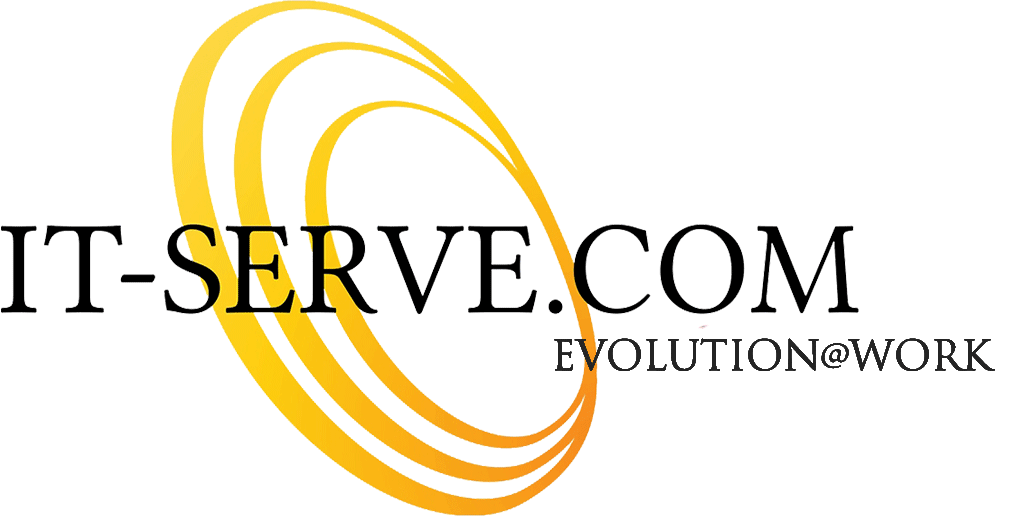
In today’s digital age, privacy is a growing concern all over the globe. People who generally use customer data are marketers and brands focusing on targeted marketing. Targeted marketing identifies as a specific demographic of people likely to buy services or products and then promotes those products/services in particular to that audience. It’s all well and good if a company were to use customer data solely for marketing purposes, however most firms have little to no insight on the negative ramifications of such data use.
A study has shown that knowing a company has access to personal data and intends to use it for unknown purposes, inflates feelings of violation and reduces trust. This is especially important for third party service providers to keep in mind. When handling clients’ data, these providers should have top notch privacy policies in place and must make sure all software used to work on their clients’ data does not secretly collect that data information and compromise the privacy of the client. Having a third party service provider handle a company’s data, puts the company in a vulnerable position, and any misuse of data whether intentional or unintentional, can lead to feelings of violation and compromised future contracts with the company. Furthermore, this may tarnish the reputation of the third party service provider and other companies will be hesitant to do business with them as they may fear exploitation of their sensitive data.
CONSUMERS AVOID ORGANIZATIONS THAT SUFFER DATA BREACHES
Based on a group survey conducted on 10,500 consumers globally, in the case of a data breach from a hacker that may compromise sensitive data, 93% place the blame squarely on the business that manages their data and would think about acting against them. With the rising awareness of data protection and data privacy issues, companies take their own data protection into consideration when having to outsource any third party service providers. Approximately 82% of people want the organizations they work with to have stricter online security measure, mostly to give them the peace of mind that in the case of a cyber security breach threat, their data will still stay well protected at all costs. However, even with the fear that they may become victims of a data breach, companies don’t plan to stop outsourcing services from third party providers, as they believe responsibility lies with the companies holding their data and they intend to hold the service provider accountable in the case of a data breach.
HOW ORGANIZATIONS CAN DO A BETTER JOB AT PROTECTING THEIR CLIENT AND CONSUMERS’ DATA
Whether it be a client or a consumer, any organization that handles sensitive data should have the appropriate processes and procedures in place in order to ensure client transparency and confidentiality of data. It is up to the organization to maintain strict protocols and always have the most up to date cyber security measures in place to protect not only the integrity of their own company, but for the privacy of their clients’ data as well. A few good tips to practice internally for data protection include:
- Limit access to sensitive data - Not all data breaches are done by an inside job from a malicious employee. Sometimes, a tired employee may make a mistake that can leave servers vulnerable and any lurking hackers can seize the opportunity to enter. By limiting the amount of people accessing this data, the amount of errors made can also be limited.
- Password protection strategies - Advice on how to create strong passwords varies, however if businesses rely on a combination of encrypted passwords that change every month and have a two factor authentication code they can come close to eliminating the threat of compromised passwords.
- A dedicated server – With a dedicated server, even if other websites or computers get compromised, all the data on the dedicated server for personal data will remain safe and intact away from harm. However, this may incur additional costs on the business, but it is another layer of protection from any cyber security threats.
To summarize, compromising clients’ data can be detrimental for a firm. With the growth of social media, news of the data breach can spread and other possible clients will steer clear from the compromised firm. As a client or a consumer, it is important to do ample research and make sure that privacy is the utmost priority for the organization you deal with, and as a third party service provider its important that client data is rightly protected and handled with discretion.



















